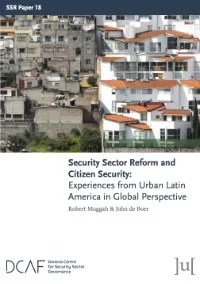By CM Fombad
This is the fourth volume in a series which is based on the Stellenbosch Annual Seminar on Constitutional Law in Africa (SASCA). The aim is to focus on an issue of critical constitutional importance to Africa in its ongoing development of governance founded on constitutionalism and democracy. And that issue is indeed critical. There can be little doubt that the endemic corruption that has spread into every aspect of social, economic, and political life is at the heart of the crisis of constitutionalism in Africa. The only surprise is that it is not until recently that the severity of the problem has attracted the attention it warrants. Most anti-corruption measures over the years have been inadequate, serving merely as symbolic gestures. The African Union’s declaration of 2018 as the ‘African anti-corruption year’, albeit belated, is an open recognition by African governments of the impact corruption will have on the continent unless urgent steps are taken. The key objective of this book is to draw attention to the problem of corruption and the need for remedial action. The complexity of the situation, with all its multi-faceted dimensions, cannot fully be explored in a single work. Nevertheless, the intention to put this matter on the agenda when it was discussed at the 2017 SASCA seminar seems to have worked in that, as noted, the African Union not only declared 2018 a year to combat corruption but also set aside 11 July of every year as an ‘Africa anti-corruption day’.
Oxford, UK; New York: Oxford University Press, 2020. 563p.







